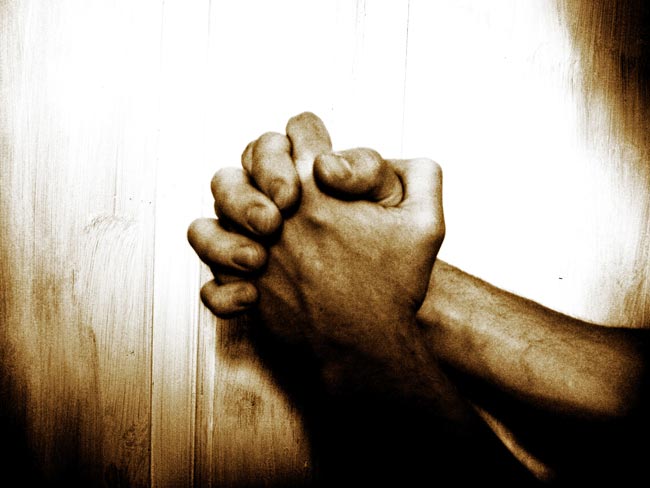Freedom of Religion
What is freedom of religion?
Freedom of religion is the right of an individual or community, in public or private, to manifest religion or belief in teaching, practice, worship, and observance. It is generally recognized to also include the freedom to change religion or to not follow any religion (sometimes referred to as “freedom from religion”). Freedom of religion is closely associated with separation of church and state. The First Amendment to the U.S. Constitution, written in 1791, reads: “Congress shall make no law respecting an establishment of religion, or prohibiting the free exercise thereof; or abridging the freedom of speech, or of the press; or the right of the people peaceably to assemble, and to petition the Government for a redress of grievances.”
The language that guarantees freedom of religious practice comes in two parts. The "Establishment Clause" states that Congress shall make no law respecting an establishment of religion, and is generally read to prohibit the federal government from establishing a national church ("religion") or excessively involving itself in religion, particularly to the benefit of one religion over another. Following the ratification of the Fourteenth Amendment to the U.S. Constitution, this restriction also applies to state governments.
The "Free Exercise Clause" states that Congress cannot prohibit the free exercise of religious practices. The Supreme Court of the United States has consistently held, however, that the right to free exercise of religion is not absolute. For example, in the 19th century, some of the members of The Church of Jesus Christ of Latter-day Saints traditionally practiced polygamy, yet in a case heard in 1879, the Supreme Court upheld the criminal conviction of one of these members under a federal law banning polygamy. The Court reasoned that to do otherwise would set precedent for a full range of religious beliefs including those as extreme as human sacrifice, stating that "Laws are made for the government of actions, and while they cannot interfere with mere religious belief and opinions, they may with practices." So, if one were part of a religion that believed in vampirism, the First Amendment would protect one's belief in vampirism, but not the practice. This principle has similarly been applied to those attempting to claim religious exemptions for using drugs.
The earliest glimmers of recorded religious freedom was established in the ancient Persian Empire by its founder Cyrus the Great in the 6th century BC. Freedom of religious worship was established in the Maurya Empire of ancient India by Ashoka the Great in the 3rd century BC. In the American colonies, Thomas Jefferson pushed hard for language in the Bill of Rights that separated church and state – religious persecution was a common reason for people to leave England, and he didn’t want the same problems to plague the new world. Originally, the First Amendment applied only to the federal government. A number of the states effectively had established churches when the First Amendment was ratified, with some remaining into the early nineteenth century.
In some parts of the world, religious freedom doesn’t exist. A few examples include Myanmar, where Buddhist monks aren’t allowed to practice; North Korea, where religious people have been sent to re-education camps; as well as China and some Muslim countries.
Related:
Get the world’s most fascinating discoveries delivered straight to your inbox.



